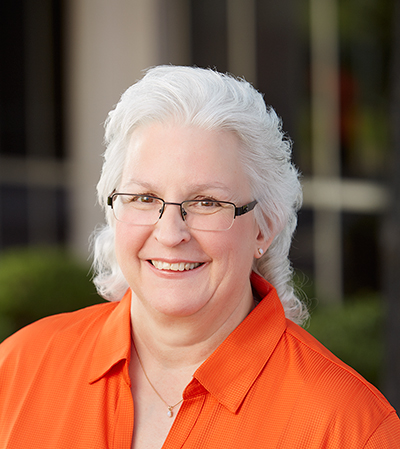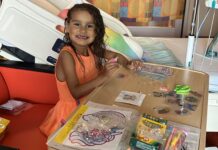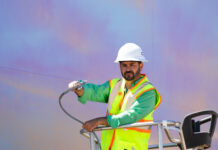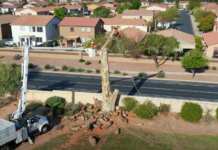By Michele Michaels
With more than 1 million people in Arizona currently experiencing some degree of hearing loss, many of us can relate to or know someone who is deaf or hard of hearing. This month, Better Hearing and Speech Month, is the perfect time to remind people of the importance of hearing health, the signs of hearing loss and resources available.
What causes hearing loss?
According to the Better Hearing Institute (BHI) the primary causes of hearing loss are aging and previous exposure to loud noise, or noise-induced hearing loss. This can be due to different types of occupational and recreational noise exposure: military service, construction workers, bartenders, dentists, landscapers or even things like attending concerts, riding motorcycles and listening to music through headphones.
Oftentimes people dismiss signs of hearing loss as “no big deal.” In reality, hearing loss is a very big deal. Hearing loss can affect anyone at any time in all areas of life, including relationships, health and safety.
How is hearing loss identified?
If hearing loss goes undiagnosed, one might encounter more misunderstandings in their relationships, earn less money at work and experience other health issues, such as dementia. Making phone calls becomes more challenging and isolation and depression are common, especially with seniors.
Some major indicators you may be losing your hearing are, you:
■ Frequently ask people to repeat themselves
■ Often turn your ear toward a sound to hear it better
■ Understand people better when you wear your glasses or look directly at their faces
■ Have trouble following group conversations
■ Keep the volume on your radio or TV at a level that others say is too loud
■ Have pain or ringing in your ears.
For some, hearing loss may be inevitable. However, for most people hearing loss is completely preventable. Here are some tips on how to protect your hearing:
■ Keep the volume on televisions, music, radios and cell phones turned down to a moderate level.
■ Don’t smoke; smoking toxins can negatively affect a person’s hearing ability.
■ Wear earplugs and other protective gear when operating noisy equipment.
■ Take regular breaks from loud noise – at least a 10-minute break every hour.
■ Avoid unhealthy eating. A poor diet increases the chances of being diagnosed with diabetes and, thus, puts an individual at a greater risk of developing hearing loss.
If you are experiencing any of these signs or if you think you have hearing loss, see your doctor or a licensed audiologist in order to assess the degree of hearing loss, to treat it and to determine a plan to prevent further loss. There are many assistive technologies that can help sharpen your hearing, keeping you connected to your surroundings.
Michele Michaels, B.A., CPM, is the hard of hearing specialist at the Arizona Commission for the Deaf and the Hard of Hearing.


![Locals find zen with Earth Day drum circle Lizz Fiedorczyk instructs a drum circle at Maricopa Community Center April 22, 2024. [Brian Petersheim Jr.]](https://www.inmaricopa.com/wp-content/uploads/2024/04/PJ_3922-Enhanced-NR-218x150.jpg)


![Shred-A-Thon to take place tomorrow An image of shredded paper. [Pixabay]](https://www.inmaricopa.com/wp-content/uploads/2024/03/shredded-paper-168650_1280-218x150.jpg)










![Alleged car thief released without charges Phoenix police stop a stolen vehicle on April 20, 2024. [Facebook]](https://www.inmaricopa.com/wp-content/uploads/2024/04/IMG_5040-100x70.jpg)
![Locals find zen with Earth Day drum circle Lizz Fiedorczyk instructs a drum circle at Maricopa Community Center April 22, 2024. [Brian Petersheim Jr.]](https://www.inmaricopa.com/wp-content/uploads/2024/04/PJ_3922-Enhanced-NR-100x70.jpg)
